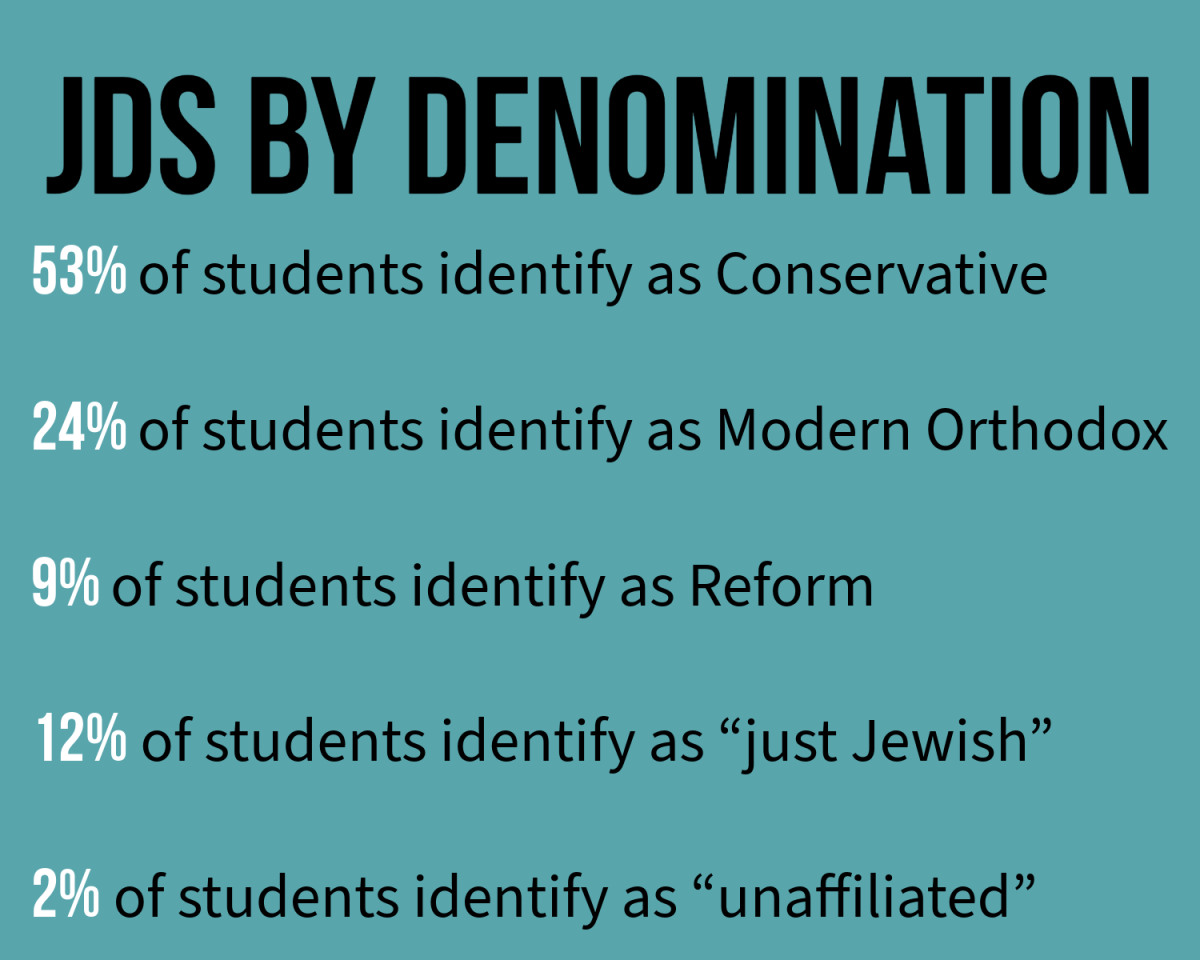This school year, the CESJDS high school administration introduced a new grading system. With new policies such as no grade penalty for late work, classwork and homework often ungraded and much more lenient retake rules, students are confused and worried about what these changes mean for their high school career. Although created with good intentions, the policy inhibits students’ motivation and doesn’t prepare us for college.
The system diminishes the amount of effort students put in. When homework and classwork were graded, students had incentive to master content. This encouraged learning for students who were less motivated otherwise.
These policies are also unclear to students, leaving more stress as they try to navigate this new system. The assignments that are graded and available to be retaken vary by department. There is no explicit “absolute” regarding such rules, and this uncertainty is worrying for students.
The new policy is believed by administration to reduce an emphasis on grades and have students focus on learning. They say that since homework isn’t graded, students won’t feel like they’re wasting their time practicing content they already know. This way, they can focus on the content they haven’t yet learned, without stressing over other work.
However, the new system actually causes students to worry more about grades. The few assignments that are graded now hold a greater weight and therefore have a larger impact on grades. Essentially, the system is backfiring. Since summative assessments have such a large impact, students end up stressing more over those assignments while paying little mind to non-graded homework.
The elimination of a late penalty also causes a dip in student motivation. The policy is such that rather than asking for extensions when needed as was the policy in prior years, students can turn in summative assignments late, free from penalty. This policy fosters poor time management, as it gives students the opportunity to consistently turn in work late.
In college and the professional world, there are deadlines, and professors and employers won’t allow work to be submitted late without a penalty. The late policy does not adequately prepare students for this reality, and it leaves students with harmful habits that could inhibit their future academic performance.
It’s unfair to expect us to succeed with a system that isn’t designed for us. I understand the principle: grading should reflect learning. But the new policies don’t accomplish that goal. Instead, they eliminate many students’ motivation, cause students to stress more on summatives and foster poor learning and working habits.
Students should learn how to properly manage their time and find intrinsic motivation, but by high school, it is much too late to do this with such a drastic change. These beneficial work habits will come in time, perhaps naturally or with a little extra help, but expecting students to immediately adopt them and succeed is an unreasonable expectation.








